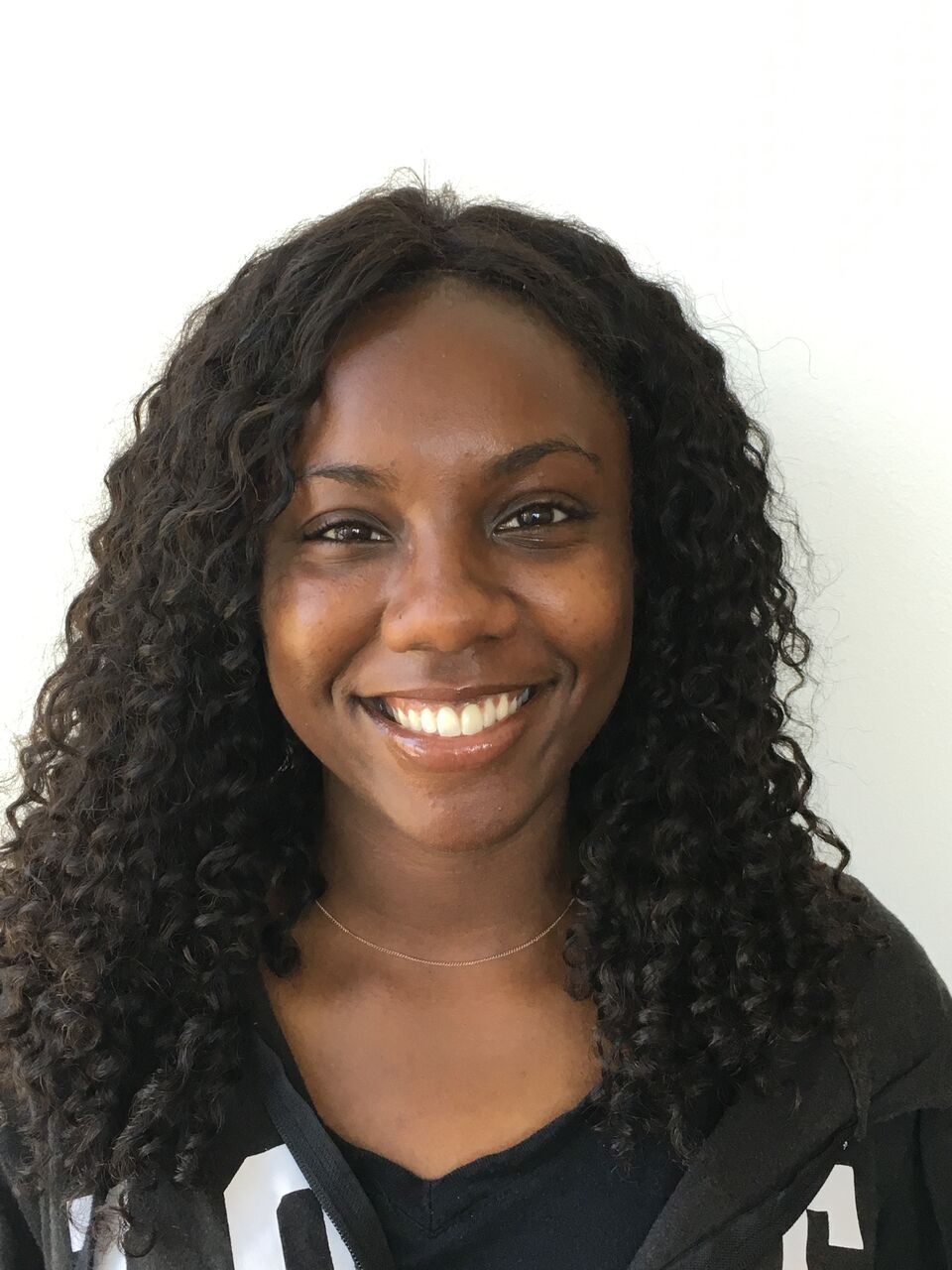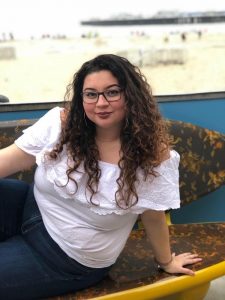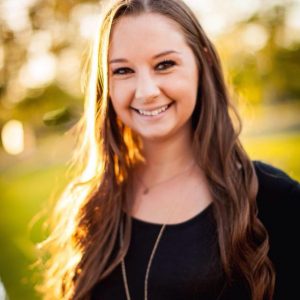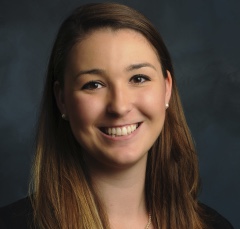.jpg)
Rachel graduated from USF’s School of Education with a Master of Arts in Organization & Leadership (emphasis in Higher Education & Student Affairs) in 2013, after receiving her Bachelors degree in English from Notre Dame de Namur University in 2011. She is originally from Angels Camp, CA, a small town in the foothills of the Sierra Nevada mountains. Rachel is passionate about enriching student success and impacting student persistence through collaborative learning and peer leadership; she is grateful to work with The Learning, Writing, and Speaking Centers to cultivate individualized learning environments for USF students. Outside of work, Rachel enjoys reading, writing, knitting, hiking, playing the piano, watching basketball, and traveling with family and friends.
A colleague recently sent me a presentation I delivered to my fellow academic skills coaches back when I was in graduate school. It was so funny to look back on these past materials (my PowerPoint slide theme/background was a questionable choice…haha). But, more importantly, it was an introspective moment. Exploring motivation with students is something I do on a daily basis through my work responsibilities in The Learning Center at USF. However, taking a look back on this presentation was a nice reminder to pause and reflect on the motivating factors I had back when I was a student.
As a student-athlete I aimed to be victorious every day. For me, winning applied beyond the basketball court, too. I maximized my college years by finding ways to develop both the skills and the motivation to be a lifelong learner. When I reflect on how I achieved this, I not only think about what helped me on my journey…I think about who.
This is where I must pay tribute to late Notre Dame de Namur University Professor Dr. Ardavan “Ardy” Davaran (more commonly known as “Dr. D”), who passed away in the second semester of my freshman year but had a profound impact on me during the courses I took with him. Dr. D had the ability to make each one of his students feel like the most important person on campus—like their success was the only thing that mattered—and he inspired me immensely with his passion for life, love, and learning. As an example, the rose (pictured below) was a gift from him on a day he had asked me to teach a lecture for him. At first, I thought to myself: there is no way I can do that…I am a student in this class! However, he made it clear that he believed in my abilities and I wanted to make him proud. I prepared a lesson plan and showed up early to get everything ready in the classroom. Imagine my surprise when I arrived and he was sitting in the back row. I thought I was “covering” the class since he was supposed to be at a doctor’s visit that day. He then clarified that he ended up changing his appointment because he “wanted to see me in action.” I will never forget the kindness in his smile and the validation I felt from that interaction. Ultimately, I attribute much of my motivation to help others succeed—inside and outside of the classroom—to the levels of challenge and support I received from this professor. He passed away shortly after that experience…and I hope he knew how much he meant to me.
The more I learned from Ardy and the rest of my professors, the more I learned about myself. I owe a great deal of my self-confidence and my desire to work in the field of academia to my college experiences, as I was encouraged to pursue the goals that most resonated with my spirit and to never stop believing in my dreams. Dr. D embodied the sentiment of the Sisters of Notre Dame, which was, “Teach them what they need to know for life.” This now guides my professional philosophies, and I try daily, even subconsciously sometimes, to follow in Dr. D’s footsteps and build meaningful relationships with students on our campus.
We take motivation seriously in The Learning, Writing, and Speaking Centers (obviously)! It is intertwined with support and with validation. We know that students who are validated develop confidence in their ability to learn, experience enhanced feelings of self-worth, and believe they have something to offer the academic community. Ultimately, when we feel validated, we often perform better and our motivation tends to increase. Even if we don’t immediately see results, we may find what we need to still strive towards our goals if we have a sense of validation along the way. I was very fortunate to have many people “championing” for me during my college years.
If you are a student at the University of San Francisco, do not hesitate to visit The Learning Center for resources or assistance! We aim to support students in redefining themselves as learners, enhancing their current skills/strategies or developing new ones, setting concrete goals, making effective decisions, holding themselves accountable…and more. We can sit down 1:1 with you for Academic Skills Coaching appointments to help you get started and/or to stay on track. Come see us!
REFERENCES:
-Evans, N. J., Forney, D. E., Guido, F., Patton, L. & Renn, K. (2010). Student Development in College: Theory, Research, and Practice. Second Edition. San Francisco: Jossey-Bass.








